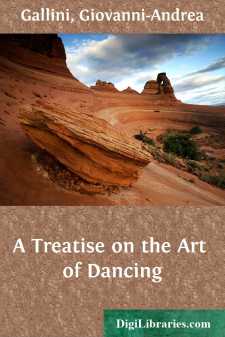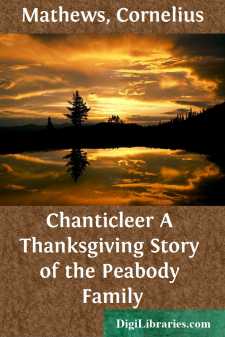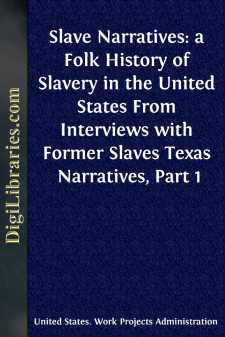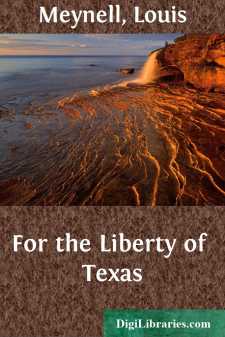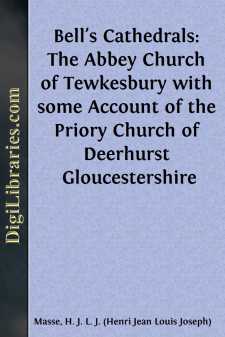Categories
- Antiques & Collectibles 13
- Architecture 36
- Art 48
- Bibles 22
- Biography & Autobiography 813
- Body, Mind & Spirit 142
- Business & Economics 28
- Children's Books 14
- Children's Fiction 11
- Computers 4
- Cooking 94
- Crafts & Hobbies 4
- Drama 346
- Education 46
- Family & Relationships 57
- Fiction 11828
- Games 19
- Gardening 17
- Health & Fitness 34
- History 1377
- House & Home 1
- Humor 147
- Juvenile Fiction 1873
- Juvenile Nonfiction 202
- Language Arts & Disciplines 88
- Law 16
- Literary Collections 686
- Literary Criticism 179
- Mathematics 13
- Medical 41
- Music 40
- Nature 179
- Non-Classifiable 1768
- Performing Arts 7
- Periodicals 1453
- Philosophy 64
- Photography 2
- Poetry 896
- Political Science 203
- Psychology 42
- Reference 154
- Religion 513
- Science 126
- Self-Help 84
- Social Science 81
- Sports & Recreation 34
- Study Aids 3
- Technology & Engineering 59
- Transportation 23
- Travel 463
- True Crime 29
Sort by:
by:
John Falstaffe
INTRODUCTION The Theatre, by "Sir John Falstaffe", is according to its author a continuation of Richard Steele's periodical of the same name. Shortly after Steele brought his paper to a close on April 5, 1720, the anonymous author who called himself "Falstaffe" appropriated his title; or if we prefer Falstaffe's own account of the matter, he was bequeathed the title upon the...
more...
ADVERTISEMENT. What I have here to say is rather in the nature of an apology than of a preface or advertisement. The very title of a Treatise upon the art of dancing by a dancing-master, implicitly threatens so much either of the exageration of the profession, or of the recommendation of himself, and most probably of both, that it cannot be improper for me to bespeak the reader’s favorable precaution...
more...
by:
Richard Neville
"Is all our company here?" —Midsummer Night's Dream. Yes, he was a strolling player pure and simple. He was an actor by profession, and jack of all trades through necessity. He could play any part from Macbeth to the hind leg of an elephant, equally well or bad, as the case might be. What he did not know about a theatre was not worth knowing; what he could not do about a playhouse was...
more...
Menander, as has been said in the last chapter, once more rescued the stage of Greece from barbarism. In the death of Aristophanes was involved the death of "the middle comedy," which rapidly declined in the hands of his insufficient successors. The poets and wits that came after him, wanted either the talents, the malignity, or the courage to follow his example, to imitate him in his daring...
more...
CHAPTER FIRST. THE LANDSCAPE OF THE STORY. I see old Sylvester Peabody—the head of the Peabody family—seated in the porch of his country dwelling, like an ancient patriarch, in the calm of the morning. His broad-brimmed hat lies on the bench at his side, and his venerable white locks flow down his shoulders, which time in one hundred seasons of battle and sorrow, of harvest and drouth, of toil and...
more...
"My folks allus belongs to the Cavins and wore their name till after 'mancipation. Pa and ma was named Freeman and Amelia Cavin and Massa Dave fotches them to Texas from Alabama, along with ma's mother, what we called Maria. "The Cavins allus thunk lots of their niggers and Grandma Maria say, 'Why shouldn't they—it was their money.' She say there was plenty Indians...
more...
by:
Louis Meynell
THE HOME ON THE FRONTIER. "Dan! Dan! Come quick and see what I brought down with the gun!" "Why, Ralph, was that you I heard shooting? I thought it was father." "No; I was out, down by the river bank, and I brought down the finest deer you ever set eyes on. He was under the bunch of pecan-trees, and I let him have it straight in the neck and brought him down the first crack. Now...
more...
CHAPTER I. HISTORY OF THE FOUNDATION AND FABRIC OF THE ABBEY CHURCH, AND SOME ACCOUNT OF ITS BENEFACTORS. Tradition, originating in the desire to account for the name of the town, would assign the foundation of a cell or chapel to Theoc, or in Latin form Theocus, in or about 655. In support of this theory Camden and others assert that it was called in Anglo-Saxon times Theocsburg or Theotisbyrg. Others...
more...
CHAPTER I All the materials used in the manufacture of clothing are called textiles and are made of either long or short fibers. These fibers can be made into a continuous thread. When two different sets of threads are interlaced, the resulting product is called cloth. The value of any fiber for textile purposes depends entirely upon the possession of such qualities as firmness, length, curl, softness,...
more...
ANDRIA;THE FAIR ANDRIAN. THE SUMMARY OF C. SULPITIUS APOLLINARIS. Pamphilus seduces Glycerium, wrongfully supposed to be a sister of a Courtesan, an Andrian by birth; and she having become pregnant, he gives his word that she shall be his wife; but his father has engaged for him another, the daughter of Chremes; and when he discovers the intrigue he pretends that the nuptials are about to take place,...
more...



